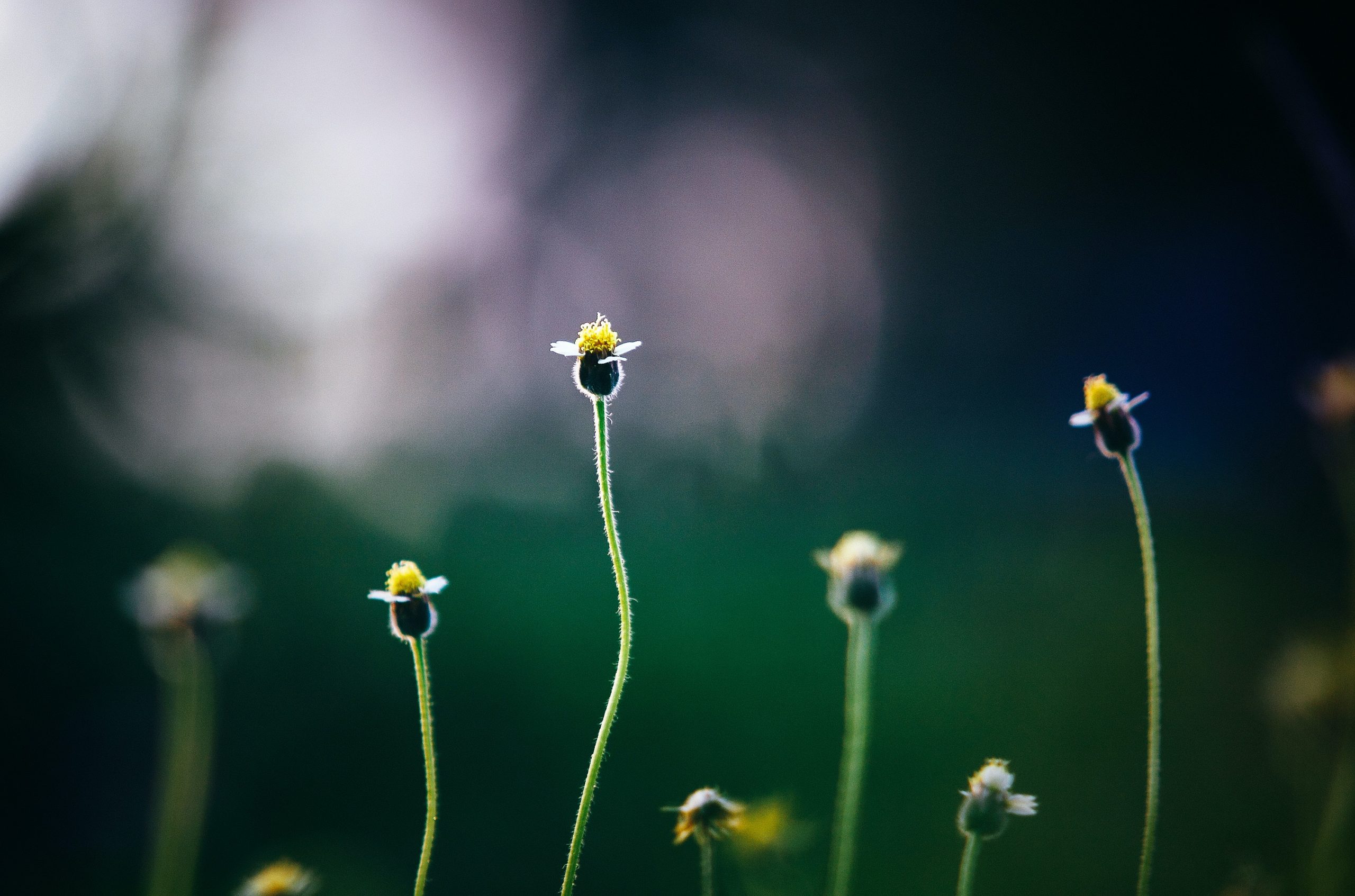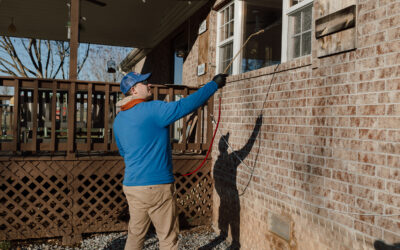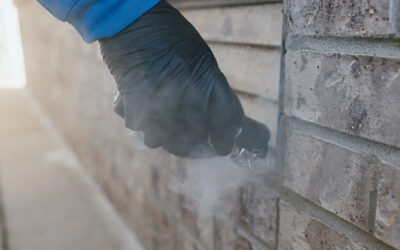
Why Should I Remove the Roots of Weeds in My Yard?
Weeds are a frustrating and constant presence that have been plaguing farmers and gardeners for thousands of years. There are invasive plants in virtually every region. In fact, seeds from invasive species often get transported to new areas and spread like wildfire.
Finding weeds in your garden or your yard can be particularly frustrating. You work hard to maintain beautiful flower beds or a nice, even lawn– so a patch of weeds popping up seemingly overnight can be a real pain to deal with!
Why do weeds grow in my garden?
Although the term “weeds” applies to hundreds of thousands of plant species, the general theme is that weeds are inconvenient plants that grow where they’re not wanted.
This growth happens simply because seeds find their way to an area in which conditions are favorable for their growth. If a seed is transported to an area with the right level of soil density, moisture, and temperature, it’s going to thrive!
Plus, plants that are classified as weeds are typically hardy plants that produce a lot of seeds and grow quickly.
How can I prevent weeds in my garden?
There are a few strategies to prevent weeds before they even start growing. However, if you want other plants to thrive in the area, there isn’t necessarily a permanent solution to get rid of all weeds forever.
To prevent weed growth, there are herbicides available that can target specific plant species and leave others alone. Using these can ensure that your garden grows healthy without any unwanted guests in the flowerbeds.

Why do weeds keep coming back to my garden?
One of the key characteristics of weeds is that they are hardy– in other words, they thrive in conditions that other plants might not succeed in. That means they’re difficult to kill off, and that they’ll often return.
However, another key component of weeds’ ability to thrive is their roots. Even if you carefully pull the weeds out of your lawn or garden on a regular basis, you might not be getting them by the root– and pulling off only the top of the plant, leaving the root underneath the soil, doesn’t fix the problem!
Many persistent types of weeds have a rhizome, which is a stem that grows horizontally underground, shooting out stems in opportune spots for the plant to grow.
Why is it important to remove the roots of weeds from my garden?
Simply put, if you don’t remove the roots of the weeds, it’s impossible to truly address the problem. Pulling plants from the top of the soil removes them visually from your flower beds– for now– but they’ll quickly grow back unless the root is addressed.
At West Termite, Pest & Lawn, we’re trained to remove weeds properly from your lawn and garden. We use a variety of techniques to do this, including special herbicides that keep your other plants safe while discouraging growth from unwanted ones.
Weed control is an ongoing process; there’s no “one-and-done” treatment. But with the right techniques, handled by trained professionals, your garden will stay weed-free and looking good all year round. Give us a call today to get started!
More posts from West Termite, Pest & Lawn
Pestproofing Entry Points Before Spring
As spring approaches in Arkansas, homeowners face an increased risk of pests seeking warmth, food, and shelter. Many infestations begin with small, unnoticed entry points that allow insects, rodents, and other pests to move indoors. Pestproofing your home before the...
Early Spring Termite Activity in Arkansas
As Arkansas begins to warm in early spring, homeowners may assume termites remain dormant until the summer months. In reality, spring termite colonies can become active much earlier, especially as soil temperatures rise and moisture levels increase. Subterranean and...
Preparing Your Home for Early Spring Pests
As winter fades and temperatures rise in Arkansas, homes become vulnerable to a fresh wave of early spring pests. Early spring is a critical time to take preventive action because insects, rodents, and other pests start emerging from dormancy, seeking food, warmth,...



